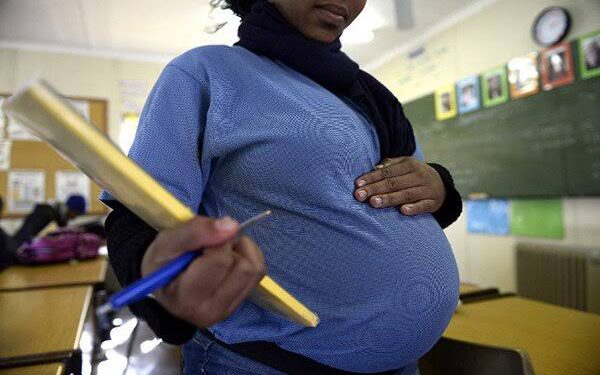By Emmanuel Nduka
In a move expected to significantly reduce unintended teenage pregnancies, Rwanda’s Parliament on Monday, passed a landmark healthcare bill granting access to contraceptives for adolescents aged 15 and above.
The bill also formally regulates surrogacy as a form of assisted reproductive technology in the country.
Previously, Rwanda’s reproductive health law stated that individuals had the right to access related education and services, but only those who had attained the age of majority (18 years) could make independent decisions about their reproductive health.
This age restriction effectively excluded adolescents from accessing contraceptives despite the law’s anti-discrimination provisions, creating a legal gap that experts say fueled rising teenage pregnancies.
The Ministry of Health acknowledged this contradiction, pointing out that the law’s silence on adolescent access to reproductive services contributed to the nation’s high teenage pregnancy rates.
In response, the revised law now permits teenagers from age 15 to access contraceptives without parental consent. The move, authorities say, is aimed at empowering young people with the tools and autonomy needed to make informed decisions and avoid early, unplanned pregnancies.
During Monday’s session, some lawmakers proposed prioritizing condoms over hormonal methods due to potential side effects on teens. However, Veneranda Uwamariya, Chairperson of the parliamentary Committee on Social Affairs, said relying on condom distribution alone had failed to curb the problem.
“Other options needed to be considered to help address the persistent challenge of teenage pregnancy,” she said.
Uwamariya also addressed concerns from MPs about potential erosion of parental roles, stating: “This does not replace parental responsibility. It addresses a persistent issue we’ve seen remains unresolved for years.”
Teen pregnancy figures presented by the committee underscored the urgency:
2020: 19,701 cases
2021: 23,111
2022: 24,472
2023: 22,055
2024: 22,454
Minister of State for Health, Dr. Yvan Butera, said existing strategies such as behaviour change campaigns were insufficient to address the scale of the problem.
Butera said that behaviour change and communication alone was not effectively contributing to addressing teenage pregnancies, indicating that combining that with the delivery of contraceptive services to teens is what can be adequately productive.
He noted that existing laws had prevented a vulnerable segment of the population from accessing essential services, leaving many exposed to health and social risks.
“What we are doing here is that we are going to be able to provide those services to a certain portion of the population. In which we are seeing a lot of issues because the lack of access to those services was causing a lot of health and social risk to the teenagers, but also the children that were born from these teenagers,” he said.
“We saw that children born to teenage girls have a 38 per cent increase in risk to have stunting compared to others [the general population]. So, we are protecting not only these teenage girls but also their offsprings to prevent that so that we have a society where everyone can afford the best of it,” he observed.
Teenage pregnancy in Eastern Africa is a significant issue with high prevalence rates. Factors contributing to this include poverty, limited access to education and healthcare, early sexual debut, and cultural norms.
The bill’s passage marks a significant policy shift for Rwanda and signals a broader commitment to reducing teenage pregnancy and its associated health and social consequences through expanded access to reproductive health services.
The New Times




































